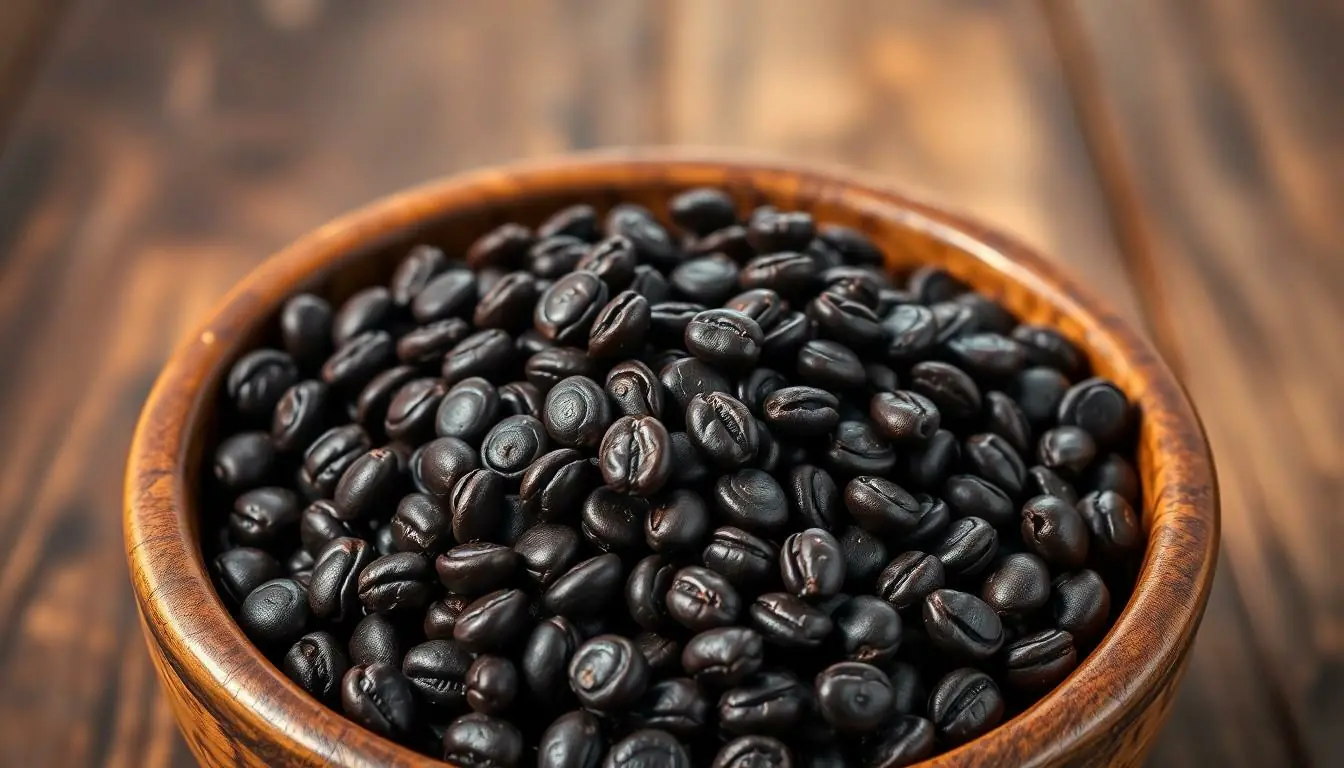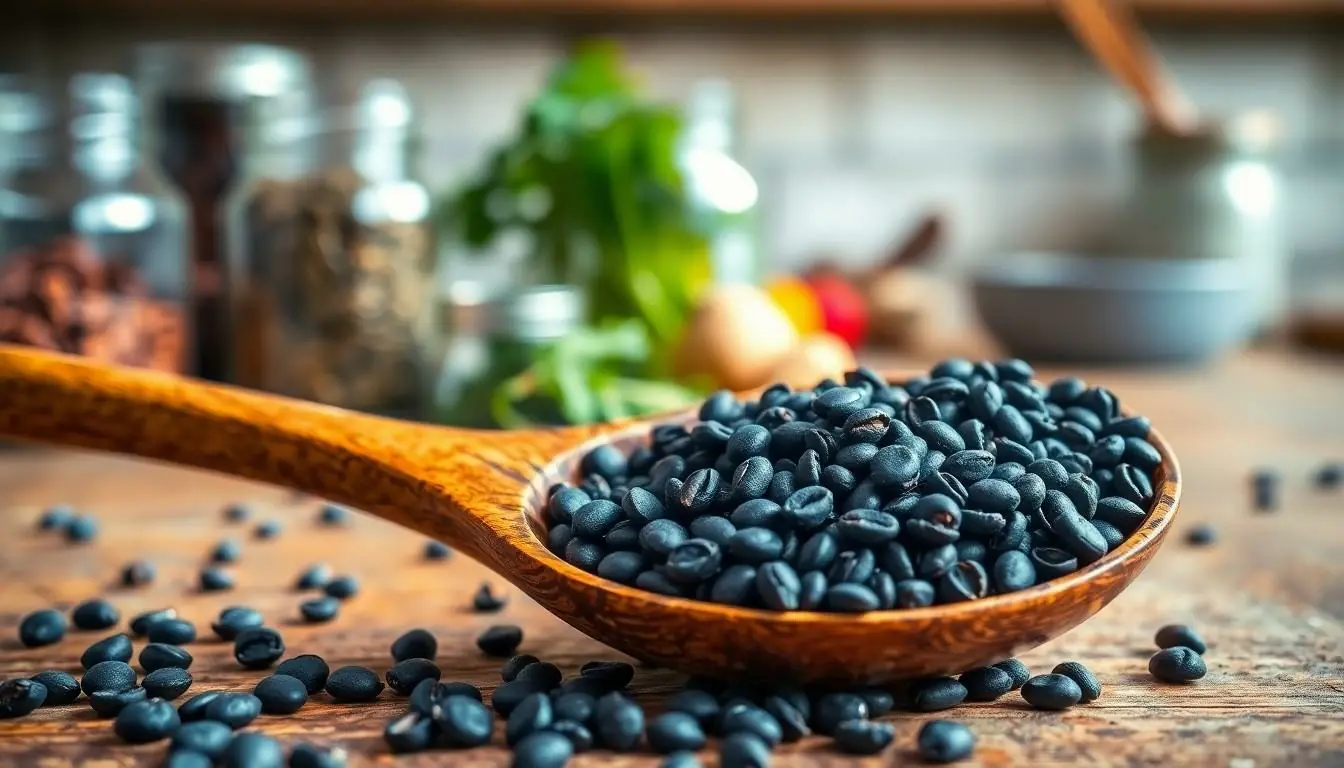Poppy seeds might be small, but they pack a mighty punch when it comes to nutrition. These tiny black seeds are like the underdogs of the culinary world, often overlooked yet bursting with health benefits. Who knew a sprinkle of these little gems could transform a dish from mundane to magnificent while boosting your well-being?
Table of Contents
ToggleOverview of Poppy Seed Nutrition
Poppy seeds are nutrient-dense and offer several health benefits. Each serving of poppy seeds contains significant amounts of essential nutrients, making them a valuable addition to a balanced diet. They provide approximately 573 calories per 100 grams, composed of healthy fats, carbohydrates, and protein.
Essential minerals abound in poppy seeds. Calcium aids bone health, with about 1438 mg present in a 100-gram serving. Iron supports red blood cell production, contributing around 9.76 mg per the same serving size. Also, magnesium, at approximately 347 mg, plays a role in muscle function and energy production.
Vitamins enrich poppy seed nutrition. For example, vitamin B1, known as thiamine, helps in metabolizing carbohydrates. A 100-gram serving contains around 0.87 mg of thiamine. In addition, vitamin E offers antioxidant properties, with about 0.57 mg per serving.
Fiber content supports digestive health. Each 100-gram portion delivers roughly 19.5 grams of dietary fiber. This significant amount promotes regular bowel movements and aids in maintaining a healthy weight.
Healthy fats also feature prominently in poppy seeds. They include unsaturated fats such as omega-6 fatty acids, important for heart health. A 100-gram serving supplies about 41.56 grams of total fat, of which the saturated fat content is only around 5.19 grams.
Incorporating poppy seeds into meals enhances not only flavor but also nutritional value. Adding them to salads, smoothies, or baked goods ensures a burst of nutrients alongside rich, nutty flavor.
Nutritional Composition of Poppy Seeds

Poppy seeds are nutrient-dense and pack an impressive array of essential nutrients. Each 100-gram serving contains approximately 573 calories, primarily from healthy fats, carbohydrates, and protein.
Macronutrients
Poppy seeds provide about 41 grams of fat per 100 grams, largely consisting of unsaturated fats, including omega-6 fatty acids. Carbohydrates contribute around 28 grams and include dietary fiber, which aids in digestion. Protein content reaches about 18 grams, making poppy seeds a valuable plant-based protein source. Incorporating poppy seeds into meals boosts the macronutrient profile of dishes.
Micronutrients
Rich in essential minerals, poppy seeds deliver approximately 1438 mg of calcium, which promotes bone health. Iron levels soar at about 9.2 mg, supporting red blood cell production. Magnesium content stands at around 347 mg, vital for muscle function. Vitamins such as thiamine (0.87 mg) and vitamin E (0.6 mg) offer additional health benefits, like aiding carbohydrate metabolism and providing antioxidant protection. Integrating poppy seeds into various foods enhances their micronutrient profile significantly.
Health Benefits of Poppy Seeds
Poppy seeds offer several health benefits that contribute to overall wellness. They contain a variety of nutrients that support different bodily functions.
Rich in Antioxidants
Poppy seeds are high in antioxidants, which help protect the body from oxidative stress. Antioxidants neutralize free radicals, reducing the risk of chronic diseases. They contain vitamins E and A, both known for their powerful antioxidant properties. Poppy seeds’ antioxidants can promote skin health, enhance immunity, and support cellular function. Including them in the diet may offer protective benefits against various diseases, including heart disease.
Supports Digestive Health
Poppy seeds support digestive health due to their high fiber content. Each 100 grams provides approximately 20 grams of dietary fiber, which aids in maintaining regular bowel movements. Fiber promotes a healthy gut by fostering beneficial bacteria. Consuming poppy seeds can help reduce the risk of digestive disorders such as constipation and diverticulitis. This nutrient density makes them an ideal addition to meals aimed at enhancing digestive function.
Potential Risks and Considerations
Poppy seeds offer numerous health benefits but also pose certain risks. This section discusses allergies, sensitivities, and potential drug interactions.
Allergies and Sensitivities
Allergic reactions to poppy seeds can occur, although they remain rare. Symptoms might include skin irritation, respiratory issues, or gastrointestinal distress. Individuals with a known allergy to other seeds, such as sesame or sunflower, should exercise caution. Food intolerances can manifest through digestive discomfort after consumption. Furthermore, it’s beneficial to consult a healthcare professional to assess any adverse reactions when introducing poppy seeds into a diet.
Drug Interactions
Poppy seeds can interact with specific medications, which warrants careful consideration. Warfarin, an anticoagulant, may have altered effectiveness due to the vitamin K content in poppy seeds. Consuming significant quantities could lead to unexpected changes in blood clotting. Additionally, sedatives and opioid medications might interact with poppy seeds, leading to enhanced effects. It’s crucial to inform healthcare providers about poppy seed consumption to avoid potential complications.
Culinary Uses of Poppy Seeds
Poppy seeds enhance various dishes with their nutty flavor and crunchy texture. They integrate well into numerous culinary preparations, making them a versatile ingredient.
Incorporating Poppy Seeds into Meals
Incorporating poppy seeds into meals adds depth to flavors. Chefs often sprinkle them on salads for a delightful crunch or mix them into bread dough for added richness. Sprinkle them over roasted vegetables to create an aromatic garnish. The seeds can also be blended into smoothies for a unique twist, while their inclusion in pastries contributes to a distinctive taste profile. Using poppy seeds in yogurt or oatmeal provides an extra boost of nutrition, enriching breakfast options significantly.
Recipes Featuring Poppy Seeds
Numerous recipes showcase the versatility of poppy seeds. They shine in lemon poppy seed muffins, where their subtle flavor complements citrus zest. A poppy seed dressing transforms simple salads into gourmet dishes, combining oil, vinegar, and honey for a vibrant finish. Stirring poppy seeds into pasta dishes elevates flavor and texture, creating a memorable meal. Additionally, a classic poppy seed chicken casserole offers a comforting option for family dinners, featuring tender chicken, creamy sauce, and a crispy topping. Each recipe highlights the dynamic nature of this often-overlooked ingredient.
Poppy seeds are a remarkable addition to any diet thanks to their impressive nutritional profile and health benefits. Their rich content of essential minerals and vitamins not only supports overall well-being but also enhances the flavor of various dishes. Incorporating poppy seeds into meals can elevate taste while providing significant health advantages.
However it’s important to approach their use mindfully due to potential allergic reactions and interactions with certain medications. With their versatility in the kitchen and their nutrient density poppy seeds deserve a place in everyday cooking. Embracing this often-overlooked ingredient can lead to delicious meals and improved health outcomes.





